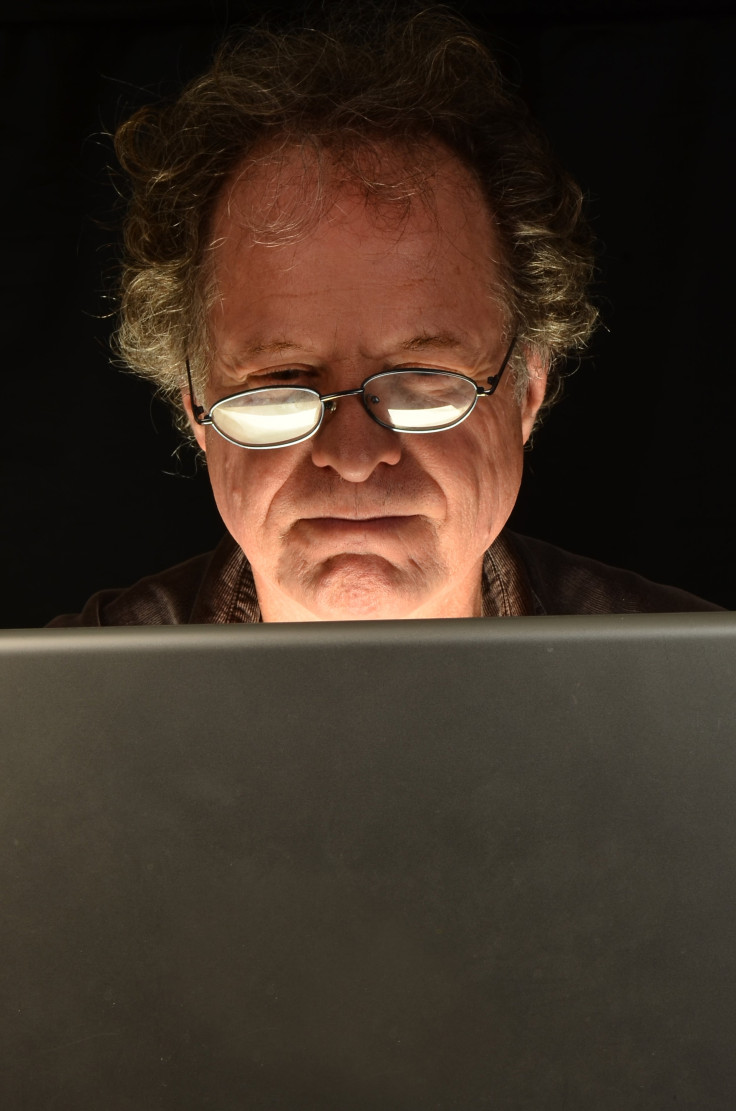Your Social Media Presence May Tell Whether You’re A Narcissist, An Introvert, Or A Sociopath

More and more often, we’re tuned in to some form of social media, whether it’s Facebook, Twitter, Pinterest, or Tumblr. And psychologists are becoming more interested in tracking how our social media presence — what we put out there, how we phrase it, and our timing — can illuminate things about our personalities and psyches.
Some psychologists are even interested in what it means if you don’t have a Facebook profile or any form of solidified social media presence. Of course, what is most likely the common case, lacking a Facebook profile could simply mean that you’re avant-garde, or that you find social media distracting from more important pursuits. But because social media has become the new norm and is so pervasive in the modern world, some experts are going so far as to claim that lacking a profile could signify that you’re a friendless sociopath — or at worst case scenario (and very unlikely), a murderer, according to a recent article.
Braggarts and Narcissists Taking Center Stage?
When it comes to Facebook news feeds, we’ve all experienced that person who’s constantly bragging about their achievements, their perfect relationship, or their engagement. In fact, plenty of research has delved into the link between narcissism and frequent Facebook or Twitter updates.
A 2011 study conducted by Larry D. Rosen and presented at the American Psychological Association found that teenagers who used Facebook more often showed narcissistic tendencies, as well as signs of antisocial behavior and aggression. Another, more recent study published in January found that among narcissists in their teens and early twenties, Twitter is the preferred mode of expression, while for older narcissistic adults, Facebook is the chosen option.
Yet another study, completed at York University in Canada, studied Facebook users aged 18 to 25 and their social media updates. They were also tested with the Narcissism Personality Inventory, which measured and ranked their levels of narcissism. The authors of the study found that people who partook in more self-promotion, such as posting more photos of themselves or quotes glorifying themselves, in addition to more frequent updates, on Facebook were more likely to have narcissistic or insecure personalities.
Sharing Feelings Online Is Safer, More Comfortable
Meanwhile, introverts, or people who have a tendency to keep to themselves rather than share their thoughts, may often find it easier to spread personal information via the Internet and blogging. Likewise, people who suffer from social anxiety (which isn’t equivalent to introversion) are more likely to share their feelings online, as it gives them a safer route to reach people as opposed to facing them in person.
This has apparently become more true of men. “It’s no surprise that men tend to be more tight-lipped than women about their thoughts and feelings,” writes Alexandra Sifferlin for TIME, “but social media is creating a haven for some men to express themselves online in ways they don’t in person — and never would have before.” Women have a tendency to talk to close lady friends when in need of unleashing some emotions or venting, whereas men tend to keep emotions to themselves. “When men are texting, emailing, or communicating through another technological channel, they feel less threatened and are more likely to share their thoughts and feelings because they don’t have to deal with the reaction from the person in-person, in real-time,” Dr. Seth Meyers, an L.A. psychologist, told TIME.
The Dark Side of Facebook?
Social media that points to one’s narcissistic tendencies, or ability to open up to others, is one thing. But it’s a whole other can of worms when psychologists start linking social media to psychopaths and sociopaths.
For example, one Swedish study published in 2013 wanted to analyze individuals’ status updates on Facebook, and discover “whether there was a relationship between the texts and people’s personality traits,” Lund University psychology professor Sverker Sikström told The Local. The researchers focused on personality traits like neuroticism and extraversion, but also on darker traits like psychopathy, narcissism, and “Machiavellianism.” People with psychopathic personalities were more likely to post “negatively charged or odd formulations more often,” such as updates about pornography, prostitutes, butchers and decapitation, the authors discovered.
“Facebook is about connecting people, but in so doing it has created a challenge of increasing competition in the market for social interaction,” Sikström told The Local. “The competition for attention could actually end up getting people to reveal more of their dark side.”
Meanwhile, some psychologists are even going so far as to claim that not having a Facebook is considered abnormal, and that it’s rather suspicious if you don’t have one. The German magazine, Der Taggspiegel, pointed out that accused theater shooter James Holmes and Norwegian murderer Anders Behring Breivik both didn’t have Facebook profiles. Of course, this is a complete stretch; plenty of people stay away from Facebook or the Internet to simply preserve time and energy that may wasted on meaningless surfing or Facebooking. And if you’re one of those people who stays away from social media distractions, even though social media today is an incredible and useful tool, more power to you.
Published by Medicaldaily.com



























